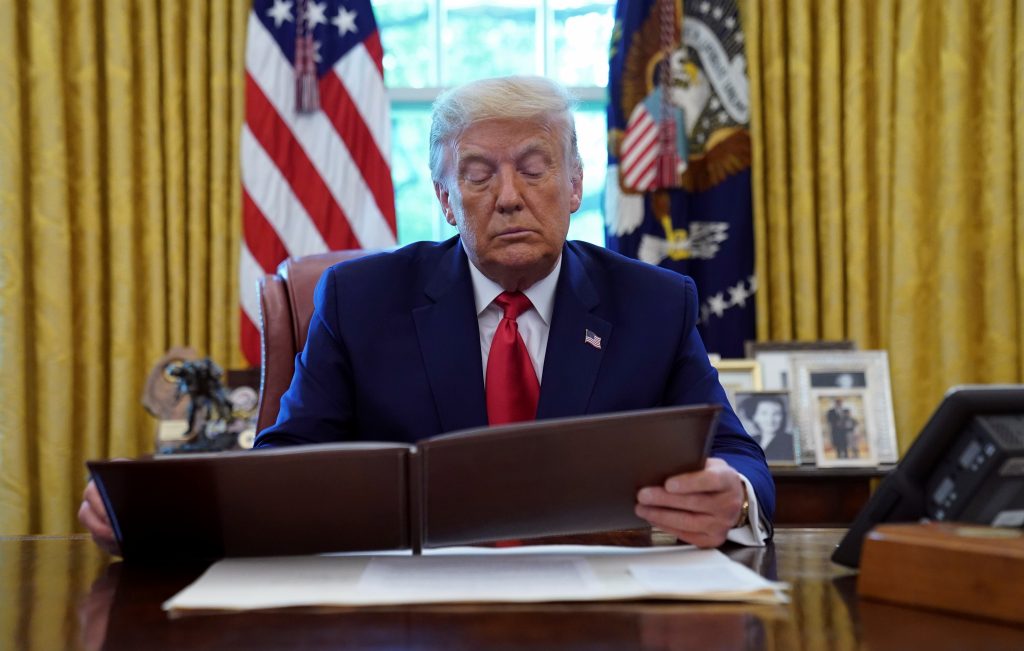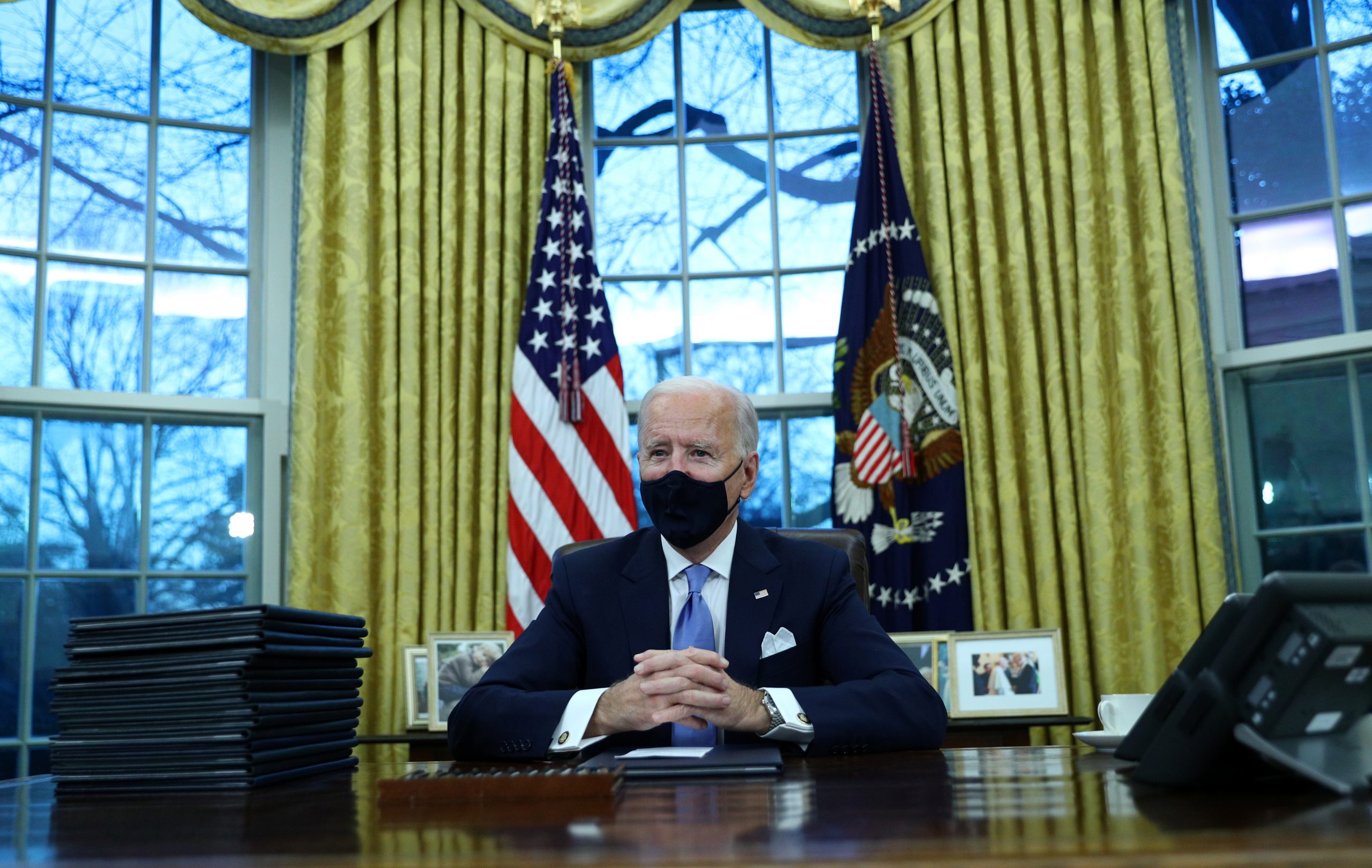President Joe Biden’s administration will no longer defend a Trump-era policy that let officials reject green card applications who might need public assistance.
“The government will no longer defend the 2019 public charge rule as doing so is neither in the public interest nor an efficient use of limited government resources,” the Department of Homeland Security (DHS) press release on Wednesday reads.
In a statement, DHS Secretary Alejandro Mayorkas said, “The 2019 public charge rule was not in keeping with our nation’s values. It penalized those who access health benefits and other government services available to them.”
“Consistent with the President’s vision, we will continue to implement reforms that improve our legal immigration system,” it added.
Then-President Donald Trump implemented a “public charge” policy in 2019 that allowed officials to reject green card applications for those who might require public assistance, such as food stamps.
The policy expanded the definition of a “public charge” in the Immigration and Nationality Act as someone that may become dependent on government benefits such as food stamps, housing assistance, or Medicaid.
That law gives officials the ability to reject applications for visas , green cards, or entry to the U.S. if they are at risk of becoming a “public charge.”
Before the Trump-era change, it considered someone a “public charge” if they received “public cash assistance.”

The DHS clarified that it “will not consider a person’s receipt of Medicaid (except for Medicaid for long-term institutionalization), public housing, or Supplemental Nutrition Assistance Program (SNAP) benefits as part of the public charge inadmissibility determination.”
The Trump administration argued its policy would encourage “self-sufficiency” among immigrants.
However, a 2020 Urban Institute study found that the policy had a “chilling effect” on immigrants in the country as roughly 13% of immigrant families avoided noncash benefits “because of concerns about future green card applications.”
The study added, “Immigrant families avoided public benefits and supports not only because of perceived risks of how the public charge rule might affect their ability to secure a green card but because of broader immigration concerns, such as the risk of information being shared with immigration enforcement authorities or the deportation of family members.”
In February, Biden ordered a review of the “public charge” policy shortly after taking office.

























 Continue with Google
Continue with Google